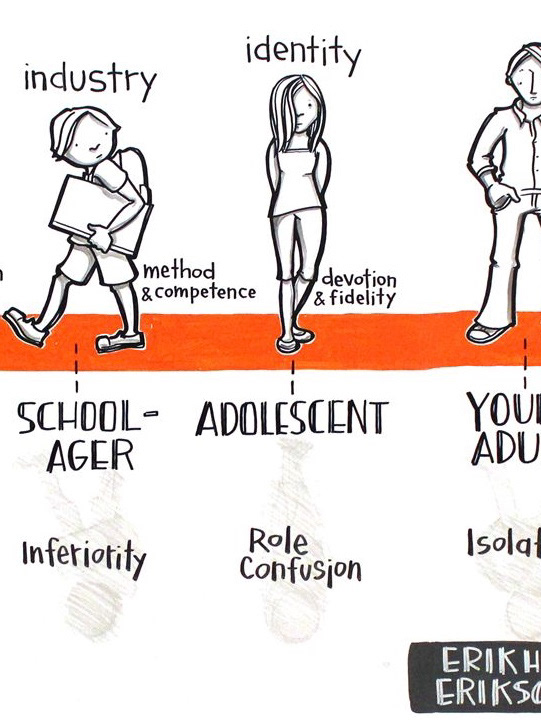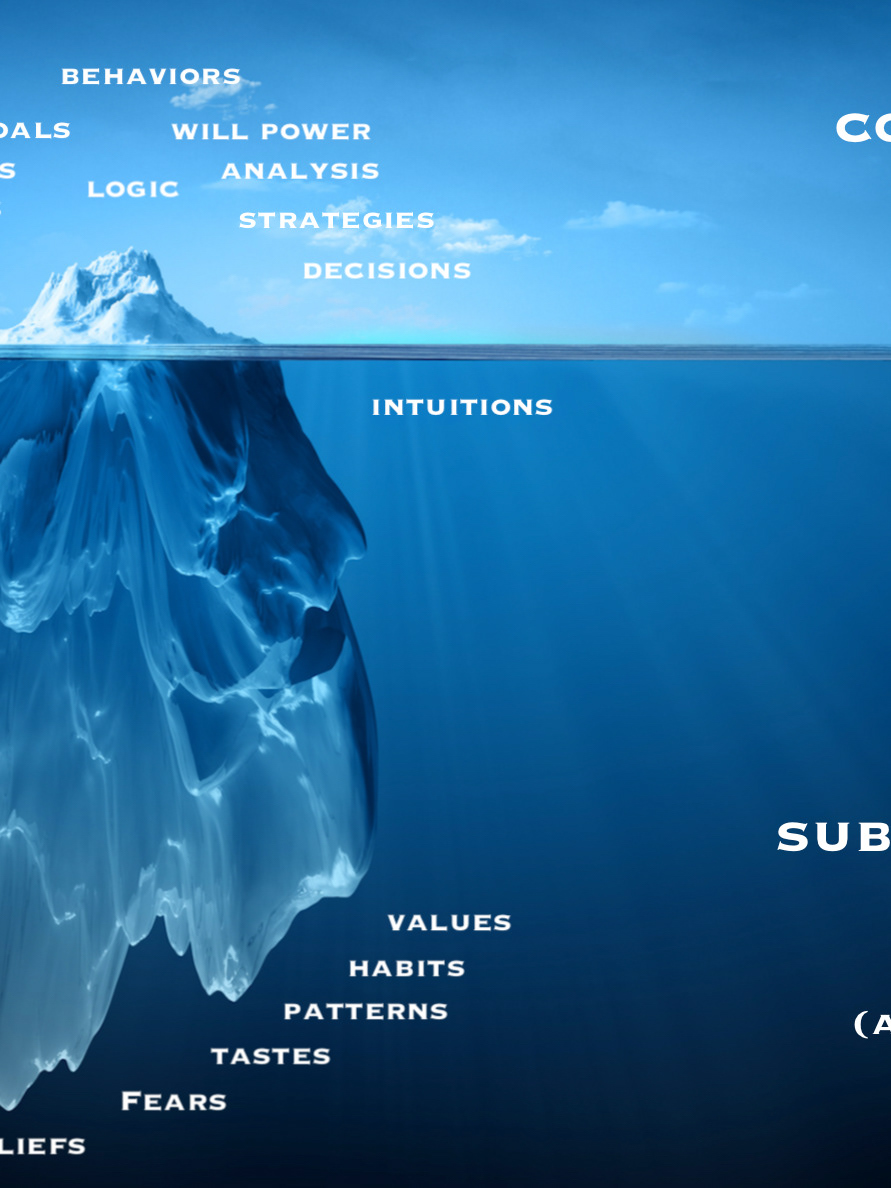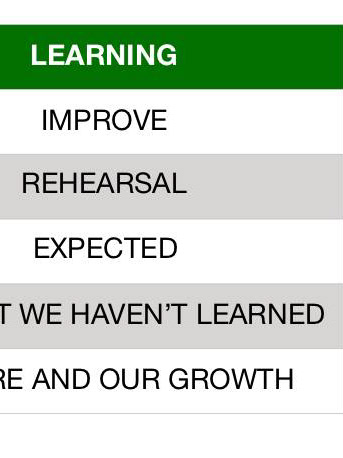People usually find it easier to build self-confidence than self-esteem, and conflate one with the other, hence, they end up with a long list of abilities and achievements. Rather than face their imperfections and failures, they hide them behind certificates and prizes. However, as anyone who has been to university knows, a long list of abilities and achievements is neither sufficient nor necessary for healthy self-esteem. While people keep on working on their list in the hope that it might one day be long enough, they try to fill the emptiness inside them with status, income, possessions, relationships, sex, and so on.
SELF-CONFIDENCE
So, what then, is the precise difference between self-confidence and self-esteem? "Confidence" comes from the Latin fidere, "to trust." To be self-confident is to trust in oneself, and in particular, in one’s ability or aptitude to engage successfully, or at least adequately within the world. A self-confident person is ready to rise to new challenges, seize opportunities, deal with difficult situations, and take responsibility, if and when things go awry.
Just as self-confidence leads to successful experience, so does successful experience lead to self-confidence. Although any successful experience contributes to our overall confidence, it is, of course, possible to be highly confident in one area, such as cooking or dancing, but very insecure in another, such as mathematics or public speaking.
In the absence of confidence, courage takes over. Confidence operates in the realm of the known, courage in the unknown, the uncertain, and the fearsome. I cannot be confident in diving from a height of 10 meters unless I’ve previously once had the courage to dive from a height of 10 meters.
SELF-ESTEEM
Self-confidence and self-esteem do not always go hand in hand.
In particular, it is possible to be highly self-confident and yet to have profoundly low self-esteem, as is the case, for example, with many performers and celebrities, who can perform before an audience of thousands but then damage and even kill themselves with drugs.
"Esteem" derived from the Latin aestimare, meaning "to appraise, value, rate, weigh, estimate," and self-esteem is our cognitive and, above all, emotional appraisal of our worth. More than that, it is the matrix through which we think, feel, and act, and reflects and determines our relation to ourselves, to others, and to the world.
In particular, it is possible to be highly self-confident and yet to have profoundly low self-esteem, as is the case, for example, with many performers and celebrities, who can perform before an audience of thousands but then damage and even kill themselves with drugs.
"Esteem" derived from the Latin aestimare, meaning "to appraise, value, rate, weigh, estimate," and self-esteem is our cognitive and, above all, emotional appraisal of our worth. More than that, it is the matrix through which we think, feel, and act, and reflects and determines our relation to ourselves, to others, and to the world.
HEALTHY SELF-ESTEEM
People with healthy self-esteem do not need to prop themselves up with externals such as income, status, or notoriety, or lean on crutches such as alcohol, drugs, or sex. To the contrary, they treat themselves with respect and take care of their health, community, and environment.
They are able to invest themselves entirely in projects and people because they do not fear failure or rejection. Of course, they suffer hurt and disappointment, but their setbacks neither damage nor diminish them. Owing to their resilience, they are open to growth experiences and meaningful relationships, are tolerant of risk, quick to joy and delight, and are accepting and forgiving of themselves and others.
HOW CAN HYPNOSIS AND GUIDED IMAGERY HELP?
Hypnosis and Guided Imagery can help immensely those who struggle with Self-Confidence to overcome fears and sense of inadequacy by connecting with the image of the self that stands for confidence.
Our subconscious mind continually generalizes, creating future outcomes that equate the results of past experiences: “I will fail because I have failed before,” “I will be abandoned because it happened before.”
In hypnosis, by becoming more and more familiar with the self-being confidence in a specific action/experience, the client’s subconscious mind will be more at ease in the department of life where a client used to be lacking. Substituting beliefs of “failure” with “success,” the client can approach the test he/she used to fail with a sense of calmness and self-confidence that leads to success.









